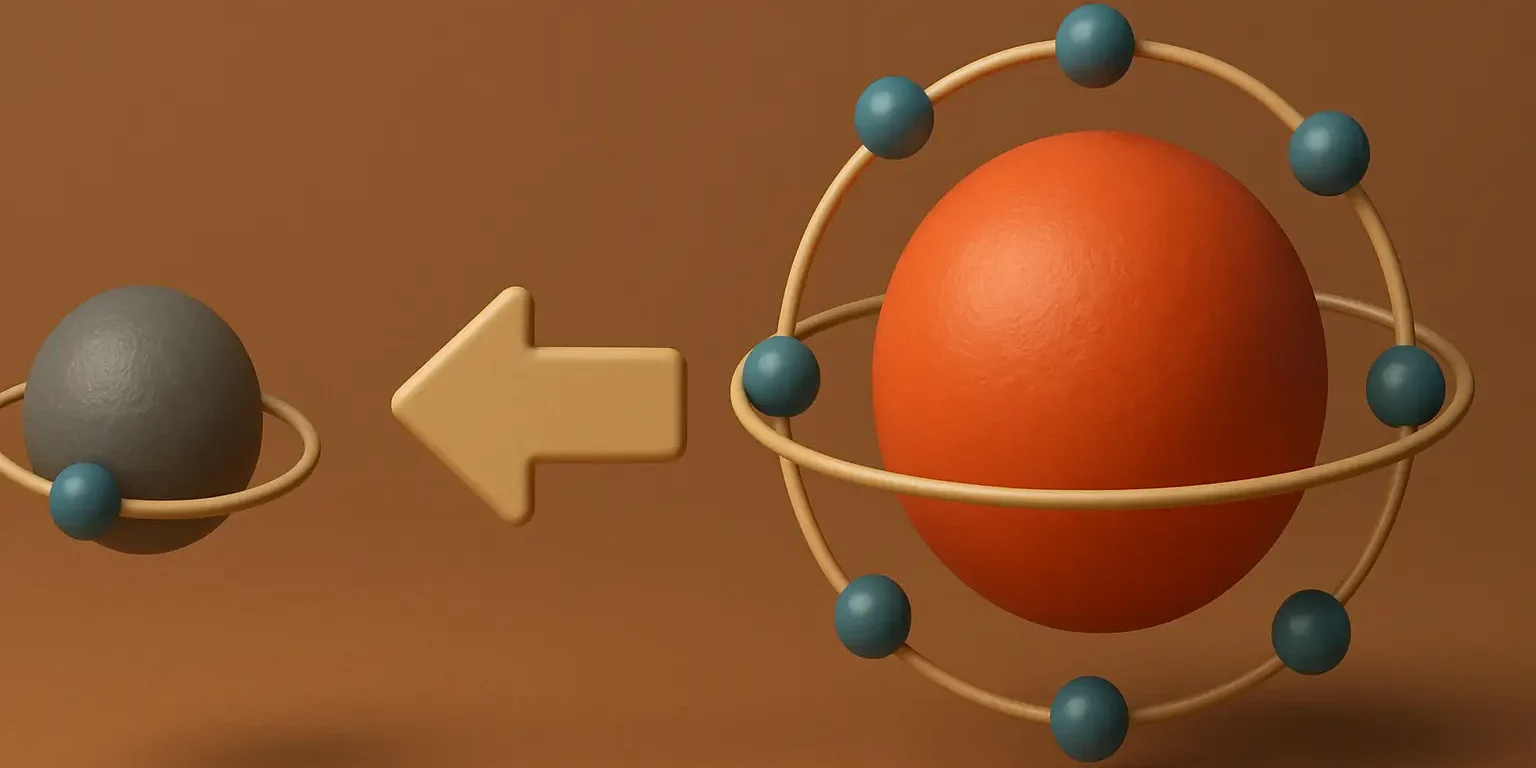- Concept of Reduction is a process in which a chemical species gains one or more electrons, leading to a decrease in its oxidation state.
- In other words, the species becomes less positively charged or more negatively charged.
- Reduction is often associated with the addition of hydrogen to a substance or the removal of oxygen from it, but fundamentally, it is the gain of electrons that defines reduction.
Example of Concept of Reduction:
- In the reaction between magnesium metal and oxygen gas, oxygen is reduced to form oxide ions (O²⁻), as shown below:
- 12O₂ (g) + 2e− → O²⁻ (s)
- Oxygen has gained two electrons in this process, and its oxidation state has decreased from 0 to -2.
Reducing Agents
- A reducing agent is a substance that donates electrons in a redox reaction, causing the reduction of another species.
- By giving away electrons to another species, it enables that species to gain electrons, leading to its reduction.
- As a result, the reducing agent itself gets oxidized in the process. Reducing agents typically have a low affinity for electrons and are identified by their ability to reduce other substances.
-
Example:
- In the reaction between hydrogen gas and oxygen gas to form water:
- 2H₂ (g) + O₂ (g) → 2H₂O (l)
- Hydrogen (H₂) is the reducing agent, as it donates electrons to oxygen (O₂) during the reaction, leading to the oxidation of hydrogen and the reduction of oxygen.
- In the reaction between hydrogen gas and oxygen gas to form water:
Click Here to Watch the Best Pharma Videos
Advertisements

